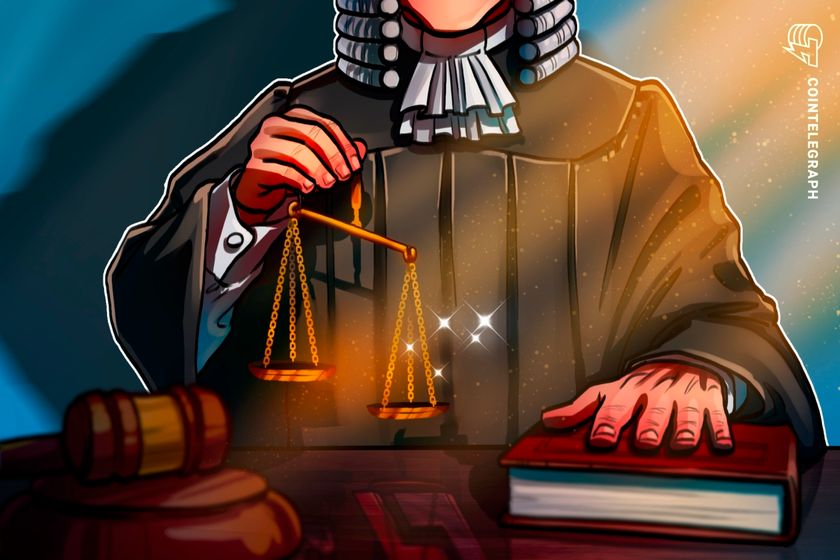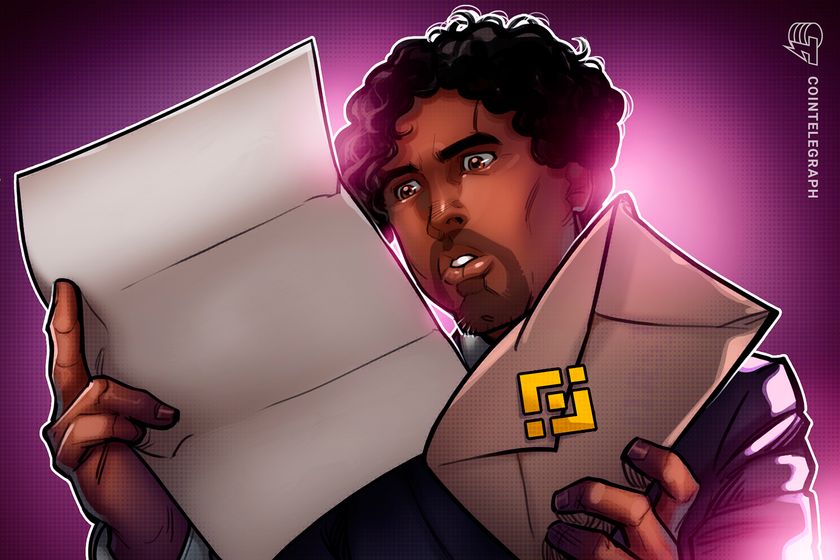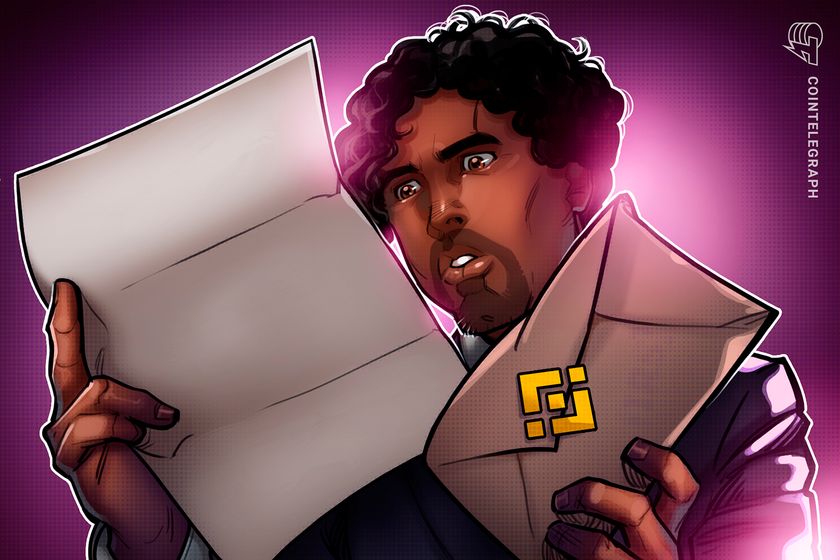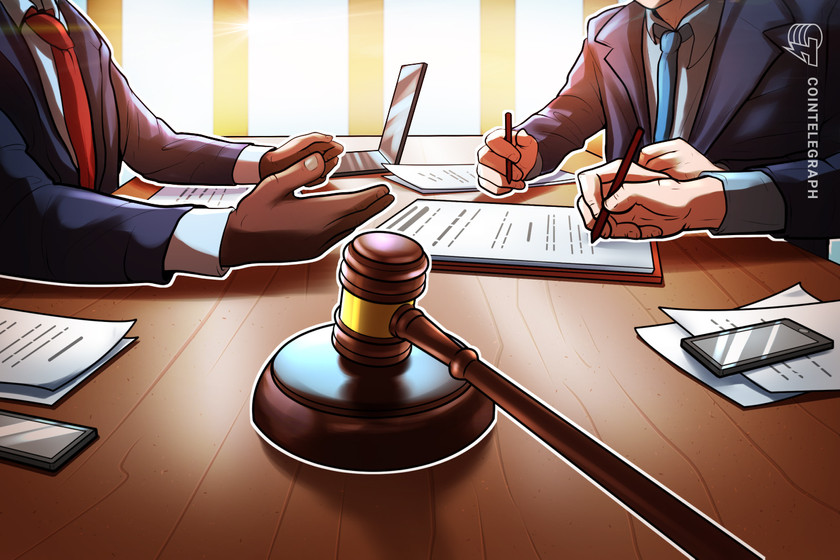Sam Bankman-Fried will not file any post-trial motions, say lawyers


The former FTX CEO was found guilty of seven felony charges on Nov. 2, for which he could face up to 115 years in prison.
Following his conviction on federal fraud charges on Nov. 2, former FTX CEO Sam “SBF” Bankman-Fried will not pursue any post-trial motions.
In a Dec. 1 letter to Judge Lewis Kaplan in United States District Court for the Southern District of New York, lawyers representing Bankman-Fried said they had “decided not to file any post-trial motions” but reserved their rights to pursue claims on appeal. The filing was the latest following SBF’s conviction on Nov. 2 as he awaits sentencing on March 28.


It’s unclear whether prosecutors plan to move forward with Bankman-Fried’s second trial in March.
Related: What’s next for the ‘crypto king’ Sam Bankman-Fried?
After the jury verdict was handed down, Bankman-Fried returned to the Brooklyn Metropolitan Detention Center, where he is expected to remain until sentencing. 30, crypto blogger Tiffany Fong interviewed a former mob enforcer, Gene Borrello, who reported on some of SBF’s experiences in jail.


















